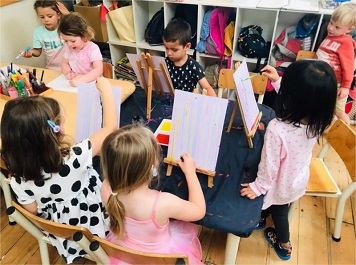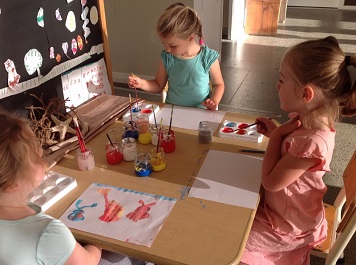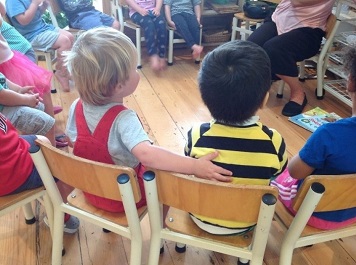Centre Philosophy Statement
Here at Minimee we have created a home away from home for children and their whānau. Minimee has been designed to provide high-quality care, instilling a sense of belonging wrapped in aroha. We recognize and respond to dreams and desires that you have for your children’s learning and education. Our teachers work as a team, building respectful, responsive, and reciprocal relationships with children and whānau.
We are inspired by aspects of the Reggio Emilia approach to teaching where the environment is considered the third teacher. Projects and investigations are captured from the language of children, their interests, their community (both local and global), and their family events. Play is how children learn and at Minimee the role of the teacher is that of a facilitator. All children will have the time, resources, and support they need to fully immerse themselves in play that interests them. Their natural enthusiasm and curiosity encourage an understanding of the world around them and develop a lifelong love of learning.
In our practice, we implement the four guiding principles of Te Whāriki: Empowerment, Holistic Development, Relationships, and Community and Family. We recogzise, acknowledge, and celebrate the cultural identity of each teacher, child and, whānau within our Centre. We are committed to the bicultural partnership of Te Tiriti o Waitangi.
Our vision is to deliver rich learning experiences for your children to discover, explore, and grow up as competent and confident learners and communicators; healthy in mind, body, and spirit, secure in their sense of belonging and in the knowledge that they make a valued contribution to society.



